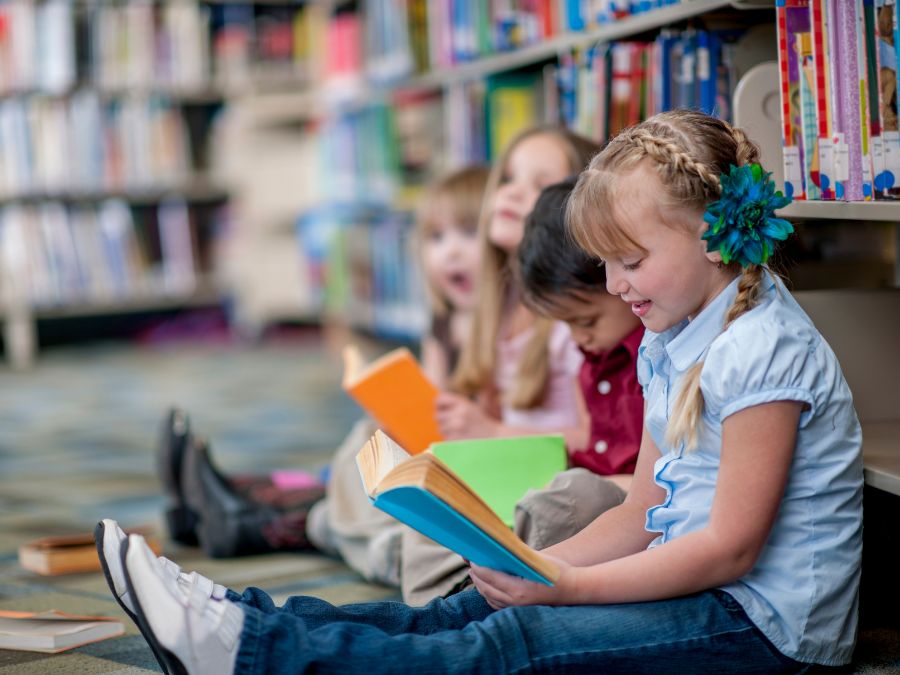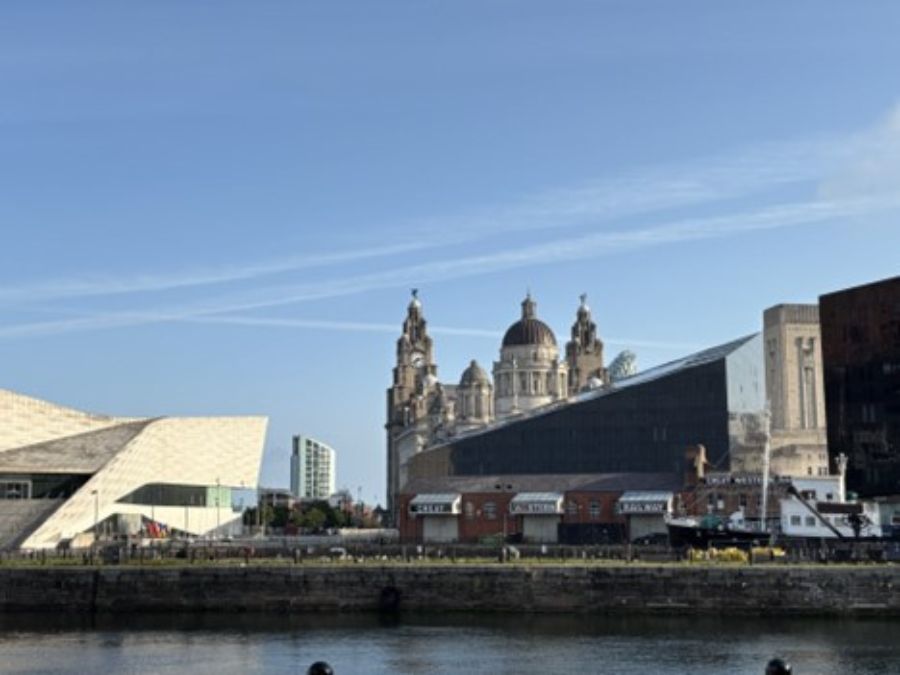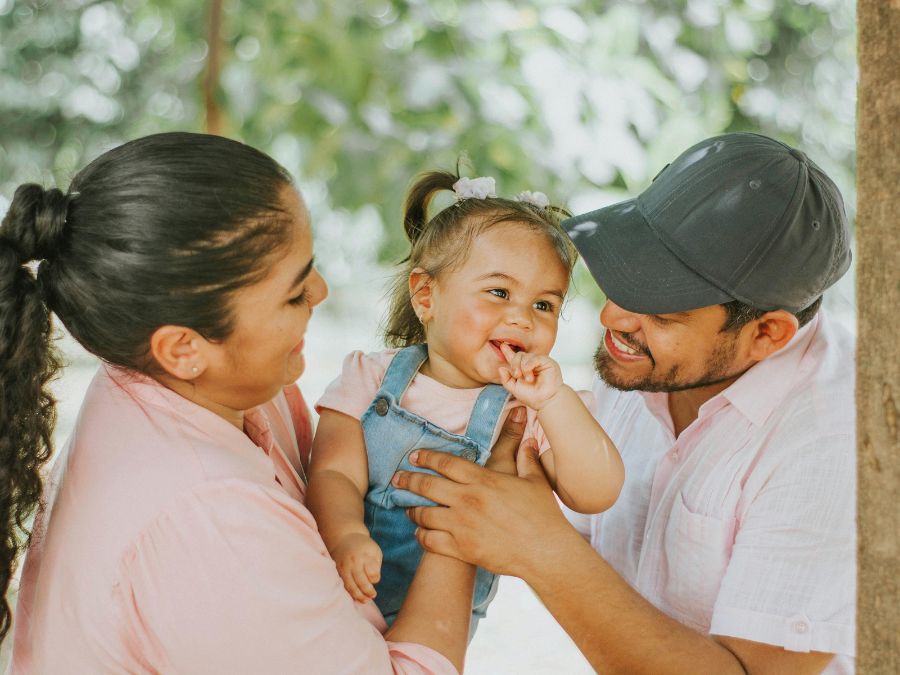
Advocating positive childhood experiences on a local level
Positive childhood experiences (PCEs) help children and youth grow into resilient, healthy adults, even when exposed to Adverse Childhood Experiences (ACEs). Opportunities to promote PCEs can happen at the family, community, and policy levels. To ensure equitable access to PCEs for all children and families, we need to advocate for public funding for local community resources like public libraries.
Public libraries are fundamental, free resources for communities. These resource hubs are commonly known for loanable books and movies, and they offer so much more including community events, free internet access, and rentable conference rooms. Libraries can open the door to endless opportunities to practice PCEs.
Libraries and the Four Building Blocks of HOPE
The Four Building Blocks of HOPE is an accessible way of talking about the key types of positive childhood experiences that promote health and well-being. These Building Blocks include relationships, environment, engagement, and emotional growth – all important PCEs that libraries can provide.
Environments are safe places where children can live, learn and play. Libraries provide safe spaces where children can hang out after school and during the weekend. These community hubs also provide public Wi-Fi and free access to computers for families who do not have online or computer access at home.
Children and youth also need safe and supportive relationships, both within the family and community, and opportunities for engagement where they can be a part of something that is bigger than themselves. Often, libraries provide these Building Blocks through free programming such as arts and crafts events, skill-building classes, and even local nature hikes.
Emotional growth is opportunities where children and youth experience difficult events and emotions and feel supported through the experience. At their library, children and youth can develop their social and reading skills by meeting new people of all ages and trying new books.
Funding libraries benefit the entire community
In June, the New York City Public libraries had their full funding restored. “These institutions are a critical part of New York City’s social fabric,” shared New York City Mayor Eric Adams, “which New Yorkers depend on for their children’s growth and the vibrancy of our city.”
New York City communities will now be able to access their local libraries every day. Since November 2023, libraries’ operations have been reduced to only 6 days a week. With more time to access positive childhood experiences through their local libraries, children and youth have more opportunities to participate in after-school programs and other event offerings at their library.
Let us continue to advocate for more funding that supports local resources like our libraries that support the children and youth in our communities!
10 things to do at your local library
- Enjoy storytime. Some libraries offer designated time for storytime where librarians and adults read a book to children. Sometimes kids are encouraged to participate in their pajamas.
- Borrow an iPad or e-reader. Many service desks provide electronic devices and accessories available to take home.
- Do your homework. Libraries can be a safe, quiet place where youth can finish their homework.
- Get to know the librarians. Librarians do more than organize and check out books. They can plan programming and answer nonbook-related questions that you may have.
- Join a community group like a book club. Libraries are a place that can bring together people of similar backgrounds and interests. You can meet peers who enjoy similar genres and learn something new from each other.
- Attend a class. Libraries often program community-building events like cooking, photography, and language learning classes.
- Volunteer at the library. Many libraries have a “Friends of [name of library]” group where volunteers can meet and work together to secure funding or program events, and other ways to support their library.
- Rent out a community space. Libraries often offer free, community spaces like conference rooms that families and groups can use to coordinate a playdate.
- Explore your entire local library. You may be surprised by what your library offers. Each floor and space can have different resources. Discover green spaces surrounded by trees and plants, technology rooms with 3D printers, and more.
- Treat yourself to self-care. Find a good book and comfortable chair to get lost in.


